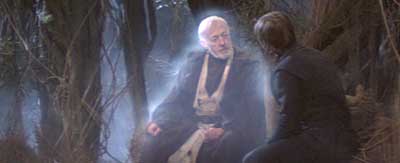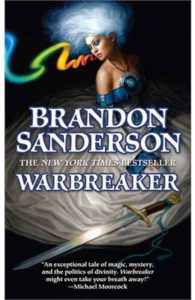Why are books better than their movie counterparts? There are several reasons, but I believe the strongest has to do with insight into the mind. We are given a telepathic link to the point of view character’s mind. But that link streams data in bits instead of a massive info dump (in good writing anyway).
This can be problematic if not done right. We all love a good twist ending. That mental whiplash, once everything seems to be resolved, can be an exhilarating experience. I remember watching the Sixth Sense when the child psychologist discovers he’s dead.
I immediately wanted to watch the movie again. When I did, it was a totally different experience. But the twist wouldn’t have worked if he knew he was dead all along. Consider that for a moment. In twists where the characters know what is going on, but not the reader, a twist comes across more like fraud than hand-clapping thrill.
That’s because there is an unspoken agreement between the reader and writer. The writer promises a good story, an exciting tale, an emotional journey. The reader promises to go along with the ride and believe the words and trust the characters as they are presented. When the reader discovers that the characters were withholding critical information, even though there had been an apparent telepathic link, then that trust is broken and the reader feels deceived, not entertained.
There are many ways to help the reader discover along with the POV characters so that discovery becomes a journey. The one gimmick I’d like to discuss is amnesia.
The Maze Runner did it well, forbidding the reader much of the world where juveniles run mazes. Because of Thomas’s amnesia, the reader is sucked into the story, waiting with baited breath every bit of information they can glean together from the world before them.
I recently read a book where amnesia was used well. Sleeper Protocol by Kevin Ikenberry was a fantastic sci-fi novel where the main character discovers his identity and memories through a series of scientific supported phases under the supposition that rediscovery (integration) can be detrimental to the mind if it happens too quickly.
The sixth sense was essentially an amnesia story, disguised. That’s why it worked so well.
Others, like Dan Brown’s Inferno, use amnesia as a tool to propose a purpose and deciding event for the character in order to up the stakes, or increase the drama and embellish the character arc.
Arguably one of the best amnesia tales is Jason Borne whose head wound left him with no prior memory although he had exceptional skills, spoke foreign languages, knew martial arts and spy craft and so on. Also it allowed the reader to empathize with someone who killed people for a living.
Fifty First Dates used amnesia to tell an incredible, funny, and yet heart-wrenching love story.
I myself have an amnesia novel in the works. It’s temporary and as it wears off, the reader discovers the apocalyptic world, as fascinating as it appears, isn’t at all what it seams and instead turns into an exciting thriller.
To write the piece, I did extensive research on the brain and memory loss. In my world, it has to be, believable. Basically there are different parts of the brain where memory is stored. Episodic memory involving experiences and events are different than Semantic Memory involving facts and concepts. These two types are stored in separate parts of the brain. This is why Jason Borne doesn’t remember any specific event but he knows at this altitude he can flat out run for thirty minutes and not break a sweat.
This is also why is would not make sense for Thomas of Maze Runner to recall his name but nothing else. Unless of course there was some medical, scientific, magical reasoning for it that James Dashner covers well.
What are some of your favorite amnesia stories?
 I live in Arizona with my family, wife and five kids and a little dog. I write fiction, thrillers and soft sci-fi with a little short horror on the side. I hold an MBA and work in finance for a biotechnology firm.
I live in Arizona with my family, wife and five kids and a little dog. I write fiction, thrillers and soft sci-fi with a little short horror on the side. I hold an MBA and work in finance for a biotechnology firm.
I volunteer with the Boy Scouts, play and write music, and enjoy everything outdoors. I’m also a novice photographer.
You can read some of my works by visiting my Wattpad page and learn more at www.jacekillan.com.




